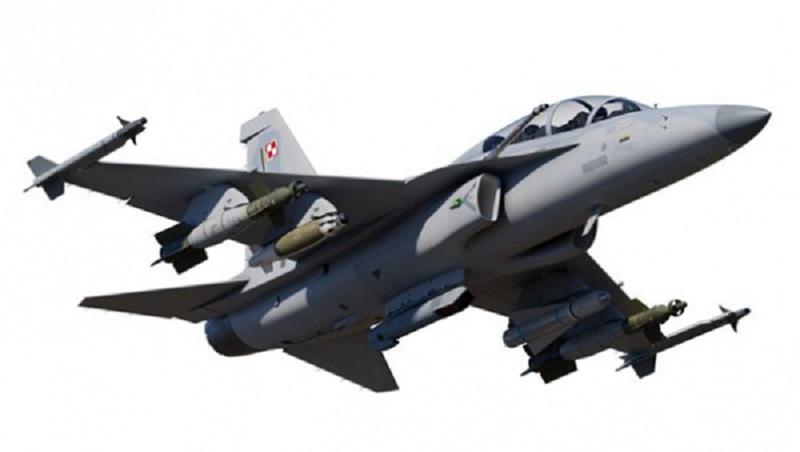Korea Aerospace Industries (KAI) announced on September 19 that it has signed an executive contract to export 48 units of the FA-50 light combat aircraft to Poland. KAI plans to supply 12 units of the FA-50PL by the end of 2023. It developed the FA-50PL, an improved version of the FA-50 Golden Eagle, by reflecting the needs of the Polish Air Force. The remaining 36 units will be supplied sequentially beginning from the second half of 2025. The US$3 billion contract is the largest since KAI started exporting the T-50 supersonic trainer jet in 2011. KAI is planning to enhance the overall functions of the FA-50PL.

The fighter will increase its cruising range through an air refueling function, install an active electronically scanned array (AESA) radar and upgrade its air-to-ground and air-to-air weapons. The FA-50PL will be capable of various operations, have strong compatibility with the F-16, and be optimized for the education and training of pilots for fifth-generation fighters such as the F-35, KAI explained. KAI plans to build a logistics hub in Poland and will promote the operation of an international flight training school to train 4th- and 5th-generation fighter pilots in Europe.

FA-50 is a light fighter/attack version of T-50 aircraft, a converted T-50 first flew in 2011. The KAI T-50 Golden Eagle is a family of South Korean supersonic advanced jet trainers and light combat aircraft, developed by Korea Aerospace Industries (KAI) with Lockheed Martin. The T-50 is South Korea’s first indigenous supersonic aircraft and one of the world’s few supersonic trainers. The FA-50 can be externally fitted with Rafael’s Sky Shield or LIG Nex1’s ALQ-200K ECM pods, Sniper or LITENING targeting pods, and Condor 2 reconnaissance pods to further improve the fighter’s electronic warfare, reconnaissance, and targeting capabilities.
Other improved weapon systems include SPICE multifunctional guidance kits, Textron CBU-97/105 Sensor Fuzed Weapon with WCMD tail kits, JDAM, JDAM-ER for more comprehensive air-to-ground operations, and AIM-120 missiles for BVR air-to-air operations. FA-50 has provisions for, but does not yet integrate, Python and Derby missiles, also produced by Rafael, and other anti-ship missiles, stand-off weapons, and sensors to be domestically developed by Korea. The South Korean military is reviewing whether to arm the FA-50 with a smaller version of the KEPD 350 missile to give it a stand-off engagement capability of 400 km (250 mi).
















